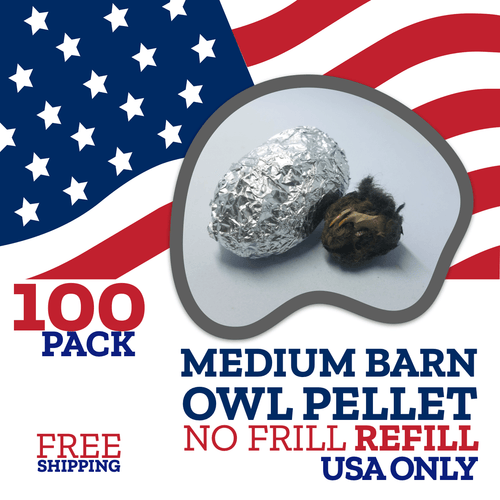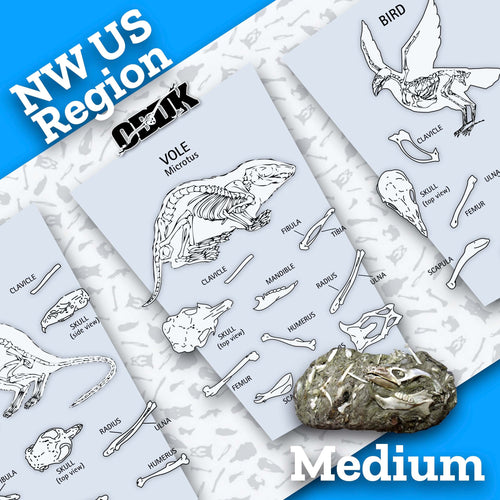|
Marine mammals like whales or seals spend quite a lot of time underwater, even though they breathe oxygen as we do. How are they able to hold their breath for so long?
This is a question that scientists have wondered about and they’ve finally figured it out.
The answer is myoglobin. This is a protein that stores oxygen in the muscles.1 Myoglobin is what allows these mammals to store enough oxygen to go on those deep dives for long periods of time.2 As scientists were figuring this out, they traced myoglobin through 200 million years of history.1 They focused on how and where it changed as these animals evolved.1
They found that the myoglobin these animals have is positively charged, so the proteins act like magnets – instead of attracting each other, they’re all the same charge, and so they repel each other.3 This is important because when proteins stick together, it can cause disease. This way, they’re able to store more myoglobin in their bodies without that risk.3
Did you catch our blog post about Otters? Read it here!
|



